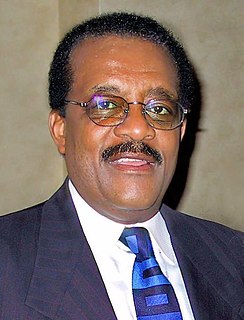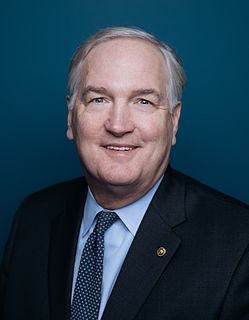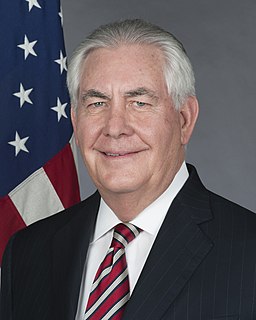A Quote by Stephen Breyer
Judges are appointed often through the political process.
Related Quotes
The United States Constitution builds politics right into the process of selecting federal judges. This third branch, the judiciary, is designed to have a longer view. To have individuals who are more insulated from politics. They're not elected directly. They're appointed for life. So, politics enters, but it's also, controlled. And if you bypass this process, I'm not sure what we do.
Conservatives . . . may decide to join the game and seek activist judges with conservative views. Should that come to pass, those who have tempted the courts to political judging will have gained nothing for themselves but will have destroyed a great and essential institution. . . . There are only two sides. Either the Constitution and statutes are law, which means their principles are known and control judges, or they are malleable texts that judges may rewrite to see that particular groups or political causes win.
People whose terms go for five years or longer, like FCC commissioners. That's a higher standard. Then district judges, who are appointed for a lifetime but can be overruled. Then Court of Appeals judges. They're not the highest level, but they're almost the final word. And then, of course, the Supreme Court.
I think the judging process is full of integrity, compared to some other prizes around the world. The fact that they change the panel of judges every year keeps it from becoming corrupt. I think it's very difficult if you've got judges for life; obviously relationships are cultivated between judges and authors, and publishing houses.
I think what we're hopeful is through this Syrian process, working with coalition members, working with the U.N., and in particular working through the Geneva process, that we can navigate a political outcome in which the Syrian people, in fact, will determine Bashar al-Assad's fate and his legitimacy.

































